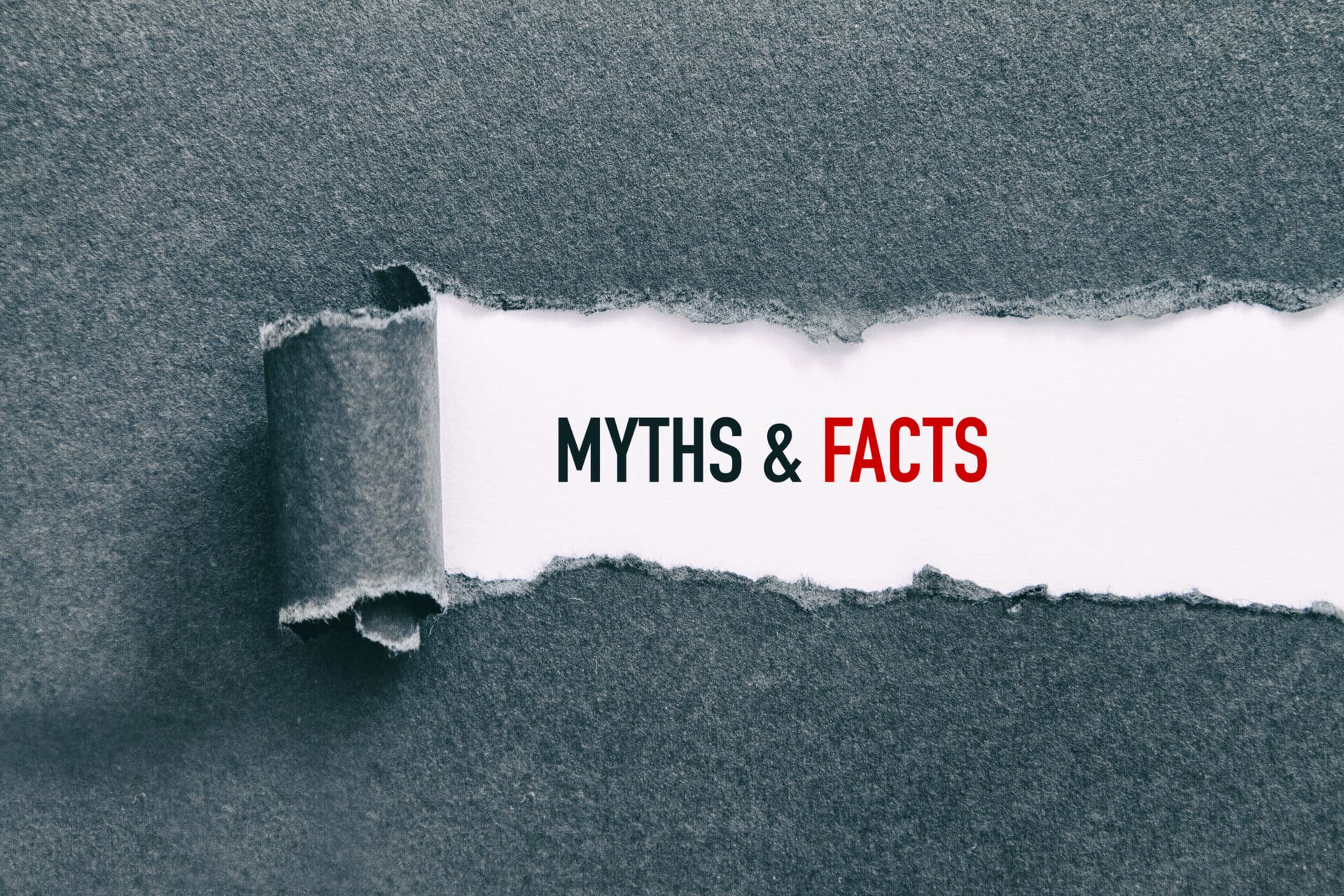In a given day, you’ll likely catch some local news on TV, check Twitter and Facebook at least once, scan your usual websites and hear something interesting on the radio. Lost in these seemingly ordinary activities is the fact that you are consuming news and information at each interaction. Over time, that accumulation of information builds a major part of your knowledge base and informs almost every decision you make. Your perception of industry issues or the politics of the day are shaped by the information you digest.
Most people consume news without putting much thought into it. This passive activity leads one to gravitate to news confirming what they already believe.
Rather than picking up bits and pieces of a variety of random stories, I recommend intentionally seeking out specific topics that would diversify your knowledge base and expand your understanding of key industry issues.
Below are three ways to diversity the information you receive.
- Learn about issues outside of agriculture. Issues that impact seed companies are not usually unique to agriculture. Government regulation, consolidation and workforce challenges are issues that many industries share with ag. How other industries manage those challenges can be translated to strategies for seed companies struggling with the same issues. I recommend choosing two to three non-ag industries to follow and study. This will expand your knowledge of challenges faced by other companies and how non-ag companies deal with them.
- Listen to and read perspectives from credible sources you disagree with. This is a hard one to do, but it can also be the most rewarding. Listening to and understanding arguments against a position you hold can be invaluable. A common challenge in agriculture is being able to communicate the benefits of modern ag to an urban or non-farm audience. Your ability to effectively ag-vocate will be greatly enhanced by studying the positions and voices of the opposition.
- Turn news consumption into an active pursuit. I review the websites I frequent and what I follow on social media every few months. If you ask a few key questions about what you click on and what appears in your social media feed, you can make drastic changes in the information you see.
- Is my understanding of key issues increasing?
- Can I use information from these sources to benefit myself personally and professionally?
- Have I learned something new and valuable?
I believe the saying, “knowledge is power.” By taking an active approach to consuming information, you’ll diversify the sources of information, increase your understanding of key issues and use that to improve yourself and your company.








